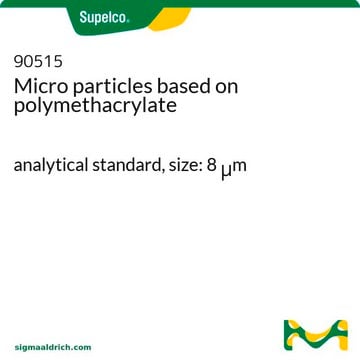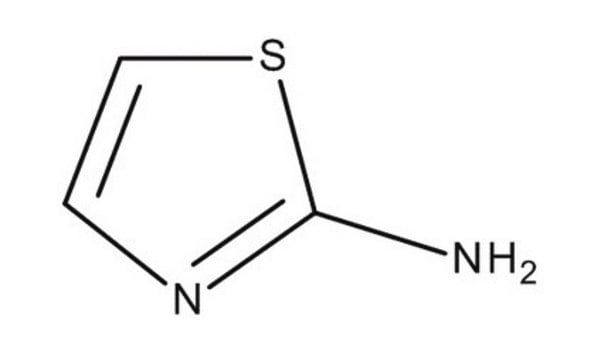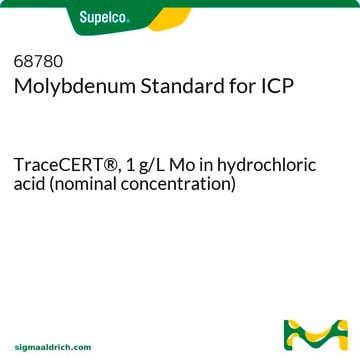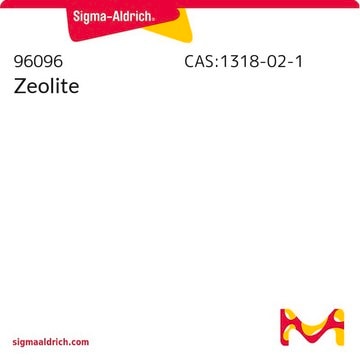662047
Anti-Uncoupling Protein-2 (UCP-2) (144-157) Rabbit pAb
liquid, Calbiochem®
Seleccione un Tamaño
Seleccione un Tamaño
About This Item
Productos recomendados
origen biológico
rabbit
Nivel de calidad
forma del anticuerpo
purified antibody
tipo de anticuerpo
primary antibodies
clon
polyclonal
Formulario
liquid
contiene
0.1% sodium azide as preservative
reactividad de especies
human, mouse, rat
fabricante / nombre comercial
Calbiochem®
condiciones de almacenamiento
OK to freeze
avoid repeated freeze/thaw cycles
isotipo
IgG
Condiciones de envío
wet ice
temp. de almacenamiento
−70°C
modificación del objetivo postraduccional
unmodified
Información sobre el gen
human ... UCP2(7351)
Descripción general
Inmunógeno
Aplicación
Immunoblotting (1:1000)
Immunocytochemistry (1:500)
Envase
Advertencia
Otras notas
Gimeno, R.E., et al. 1997. Diabetes46, 900.
Información legal
¿No encuentra el producto adecuado?
Pruebe nuestro Herramienta de selección de productos.
Código de clase de almacenamiento
12 - Non Combustible Liquids
Clase de riesgo para el agua (WGK)
WGK 2
Punto de inflamabilidad (°F)
Not applicable
Punto de inflamabilidad (°C)
Not applicable
Certificados de análisis (COA)
Busque Certificados de análisis (COA) introduciendo el número de lote del producto. Los números de lote se encuentran en la etiqueta del producto después de las palabras «Lot» o «Batch»
¿Ya tiene este producto?
Encuentre la documentación para los productos que ha comprado recientemente en la Biblioteca de documentos.
Active Filters
Nuestro equipo de científicos tiene experiencia en todas las áreas de investigación: Ciencias de la vida, Ciencia de los materiales, Síntesis química, Cromatografía, Analítica y muchas otras.
Póngase en contacto con el Servicio técnico








